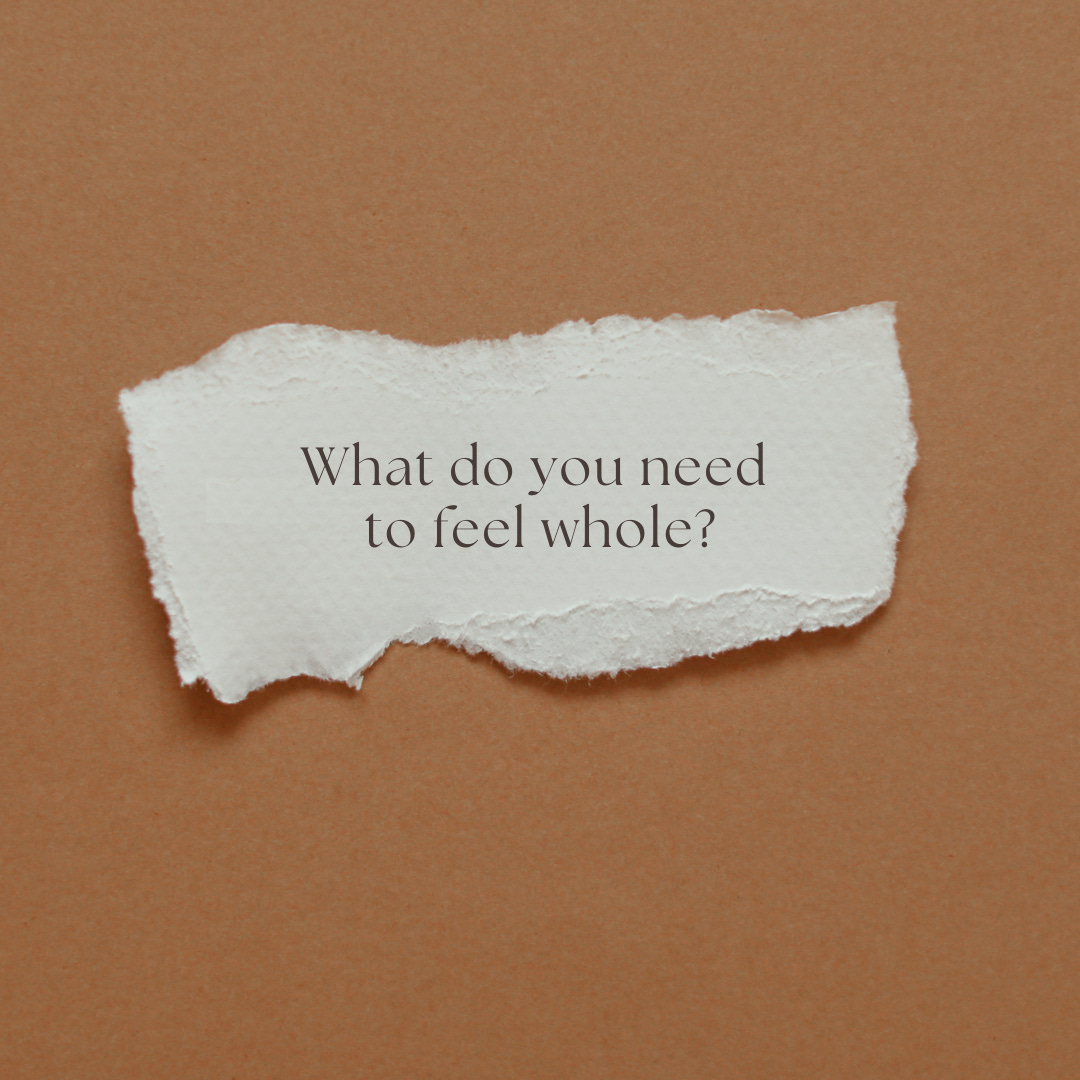Are you maximizing your utility?
In search of wholeness
Over a period of less than 300 years, humans went from assuming that most of life’s events were either completely random or ordained by God, to systematically explaining them with mathematical theories or principles.
Most classical economic theories are based on a few interlocking assumptions: that rational actors make logical decisions based on available information and calculations to maximize their advantage and minimize losses, which in turn allows markets to clear.
As a student of applied economics, I spent years of my life thinking about other people’s choices.
Adam Smith is most famous for first publishing in explicitly economic terms, but many of his philosophical peers were already asking questions that were economic in nature.
Jeremy Bentham and John Stuart Mill are credited as the inventors of utilitarianism, a principle they “discovered” in 1769, that states a person will use each unit of resource to which they have access to maximize their utility, or satisfaction.
This framing might make sense if my choices were between sleeping or performing manual labor, say, or between buying bread or cheese. In any given circumstance, I’d likely choose to work instead of sleep, unless my physical exhaustion made it impossible to do so. And instead of buying all bread or all cheese, I’d buy just enough of both to make a sandwich. In this simplistic (antiquated) universe, these choices and trade-offs make complete sense.
In the study of microeconomics, our professors taught us how to make utility calculations, even though the world of the mid 2010s was unrecognizable when compared to the world of 1769. Most of our choice-making can hardly be reduced to “utility maximization,” so influenced is it by advertising and marketing for the bevy of available choices, marginally differentiated on the basis of quality and price. Can choices in this context really be characterized as “rational”?
The “science” of behavioral economics emerged as a distinct field of study in the 1980s, applying psychological insights into human behavior to explain economic decision-making to understand how emotions and individual preferences influence human choices in ways that classical economic theories fail to address. Yet, still, we are taught the fundamentals of utility maximization calculations in school, not as a history lesson but as a viable way of calculating who wants how much of what.
Desire. This is the core idea classical economics fails to contend with in a complete and nuanced way.
What do I want? And why?
I want to feel useful, perhaps best expressed as my own innate desire for utility.
I want to feel needed, like my unique skills and abilities are having a positive impact on the world around me.
And yes, I want to feel satisfied, but in the modern world, satisfaction rarely comes from a bread-and-cheese sandwich or even a good nap. It’s derived from a complex mix of interwoven factors that are dependent on money, time, leisure, and joy, in addition, of course, to food and rest.
Yet, feeling both needed and useful is challenging in a world that depends on scarcity models to drive markets. (Is it any surprise that fewer than half of Americans are deeply satisfied with their own lives?)
Perhaps this is why humans have continued to procreate in spite of overwhelmingly perverse incentives that would dissuade us from doing so. Raising a small human out of a writhing pile of flesh allows you to feel both all-powerful and completely essential at the same time.
But maximal utility may in fact be a deception that hurts humans more than it helps us by supporting the culture of scarcity and extraction that capitalism relies on. So long as I am trying to maximize the proverbial juice from the squeeze, I’m focused on what I’m getting out of the lemon, not what was in it to begin with.
Instead of maximizing utility, what if we maximized wholeness, instead?
What does the ecosystem I exist in (and by extension, me) need to be whole? How do we maximize our integrity—as humans, as farmers, as workers, as beings on planet Earth?
It’s not an easy question to answer because it demands setting aside centuries of status quo bias to imagine a new way of measuring what matters in our lives.
Instead of asking how to maximize utility in both purchasing choices and employment, what if we could ask and answer the question:
What would it take for me to feel whole?
Are you enjoying Futureconomics? Let us know!



Good answers come from good questions. What brings forth wholeness? is one I will carry around for a while. Thanks.
Love this question:
Instead of maximizing utility, what if we maximized wholeness, instead?
What does the ecosystem I exist in (and by extension, me) need to be whole? How do we maximize our integrity—as humans, as farmers, as workers, as beings on planet Earth?